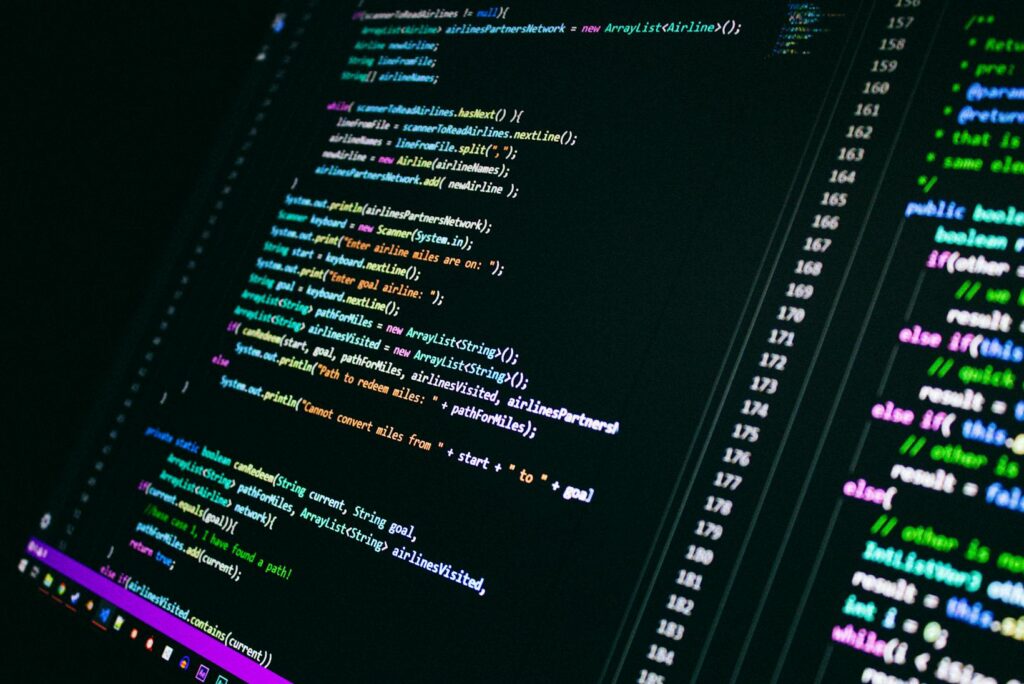Unlocking the power of programming often lies in understanding its intricate puzzles. One such puzzle piece is the conditional statement – a cornerstone of logic in coding. It’s what allows programs to make decisions, to choose paths, and to adapt to inputs.
In this article, we’re going to delve into the world of conditional statements, exploring their types and uses. We’ll weave our way through the maze of ‘if’, ‘else’, ‘else if’, and their counterparts in different programming languages.
Conditional Statement Type in Programming Crossword
Build upon your insights about these logical constructs in coding. Conquer the nuances of “if”, “else”, and “else if”, cutting across multiple programming languages.
Definition and Importance

A conditional statement constitutes a cornerstone of programming. The element, typically employed to determine the code’s pathway, depends on the input’s characteristics. It stands pivotal for decision-making within a code, offering adaptability based on varying inputs. For example, a web form can take various actions depending upon the user input, thanks to these conditional statements.
Types of Conditional Statements
Dive into the types of conditional statements in programming. Primarily, you’ll find three types: ‘if’, ‘else’, and ‘else if’. They promise flexibility and control required to form an interactive piece of software.

- ‘If’ statements make a decision based on whether the condition inside parentheses is true.
- ‘Else’ statements come into the picture when an ‘if’ statement’s condition proves false.
- ‘Else if’ facility lends an additional layer of decision-making, enabling comparison with multiple conditions.
These variants of conditional statements are omnipresent in popular programming languages such as JavaScript, Python, C++, among others. Their effective usage can certainly elevate your programming endeavors to the next level.
Exploring Crossword Puzzles as a Learning Tool
After delving into the nuances of conditional statements, let’s pivot towards exploring crossword puzzles as an innovative learning tool. Especially for the complex concepts like conditional statements in programming.
Benefits of Using Crosswords for Learning
Crossword puzzles, though often seen as pastime, offer distinct benefits in learning programming. Acquiring a language be it spoken or programming, it’s about being familiar with its vocabulary. Similarly, crosswords help to reinforce vocabulary and terms used in programming. It engages learners by making them recall key terms, triggering a stronger grasp over the syntax.

Moreover, crossword puzzles promote active learning. Instead of passively listening or reading, solving puzzles involves a hands-on approach. It enables a learner to be actively involved in the problem-solving process and leads to higher retention of information.
One example is Python terms crossword puzzle, where a learner solves clues related to Python syntax, functions, and other concepts. Another example could be a JavaScript function crossword that reinforces understanding of JavaScript functions. Both instances not only improve learner engagement but also lead to better familiarization with the programming languages.
Designing Effective Programming Crosswords

Designing an effective programming crossword puzzle comes with its own set of challenges. The primary task is to ensure the puzzle is relevant, offering valuable learning without overwhelming the learner. It’s important to consider how clues are phrased, ensuring they accurately reflect the appropriate terms or definitions. In programming, it includes terms related to conditional statements, structures, syntaxes, etc.
Besides, the crossword layout should be user-friendly, with adequate spacing between the cells and a clear numbering system. Clues should be intuitive yet challenging, promoting deeper thinking.
Interactive Features
The adventure of exploring conditional statements in programming has been an enlightening journey. We’ve seen how they’re crucial to decision-making in code and how they can be learned through enjoyable methods like crosswords. These puzzles aren’t just fun; they’re effective tools that reinforce vocabulary, promote active learning and improve information retention. However, creating educational crosswords isn’t without its challenges. Balancing difficulty and educational value, addressing technical issues, and incorporating user feedback are all part of the process. But with meticulous crafting of clues, robust tech support, and continuous refinement based on user feedback, these challenges can be overcome.



